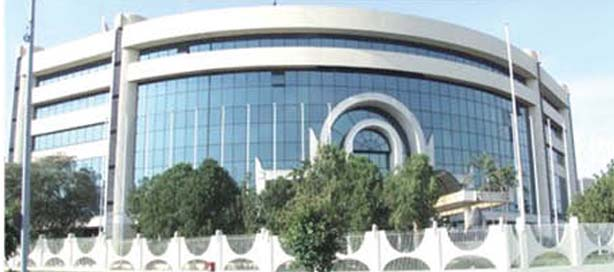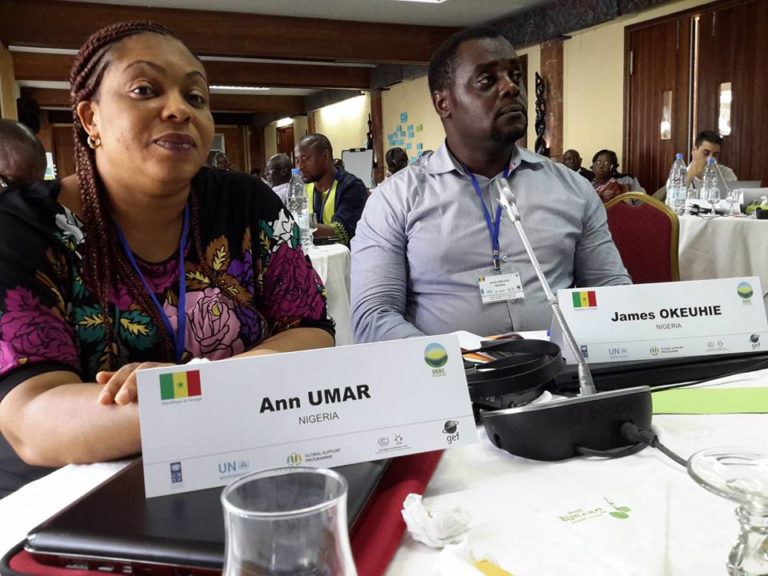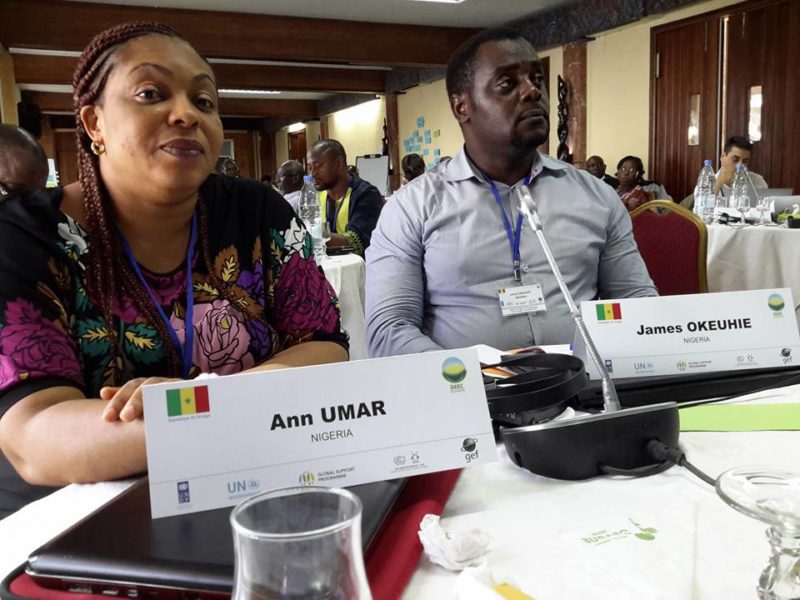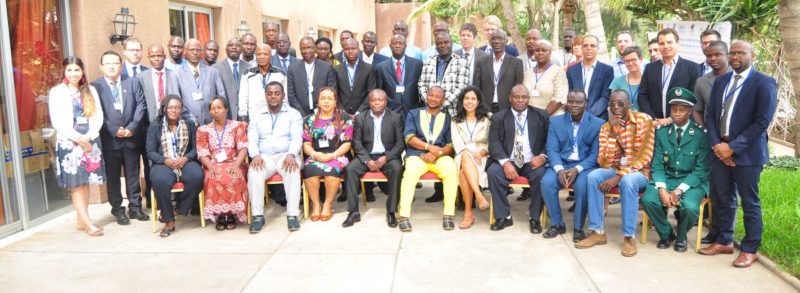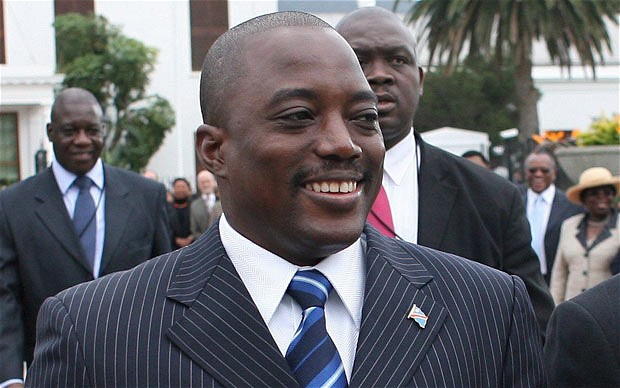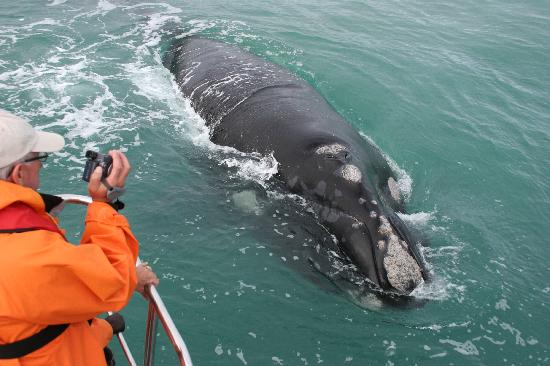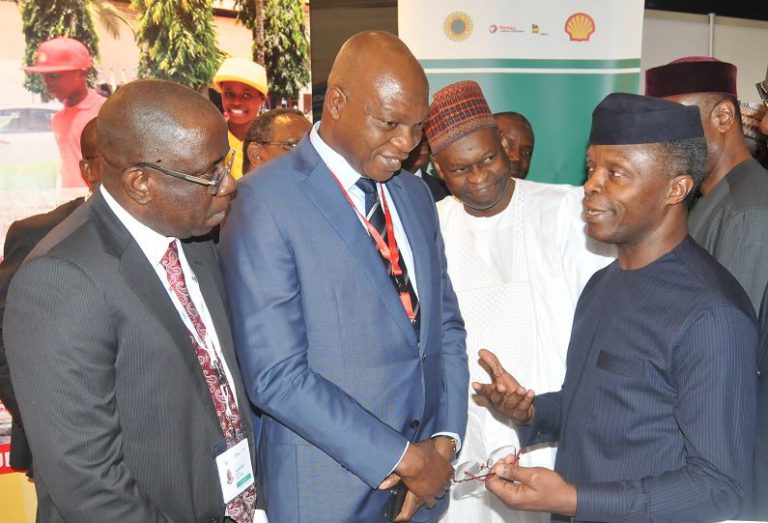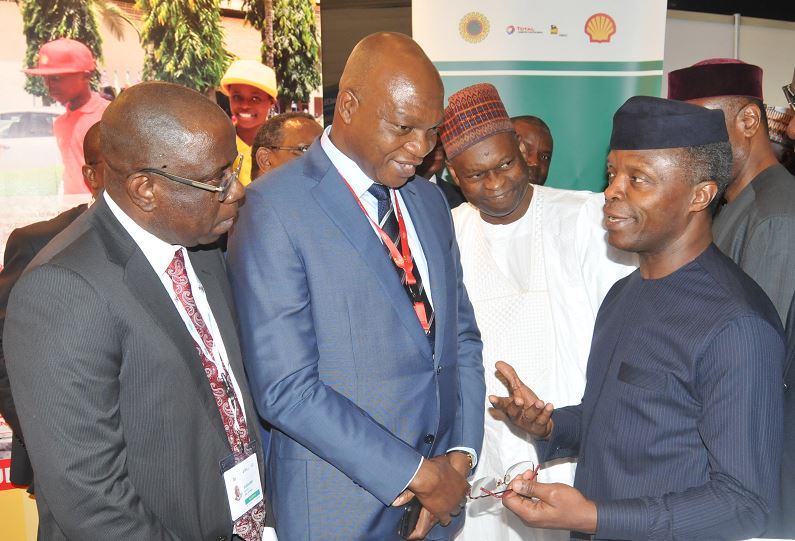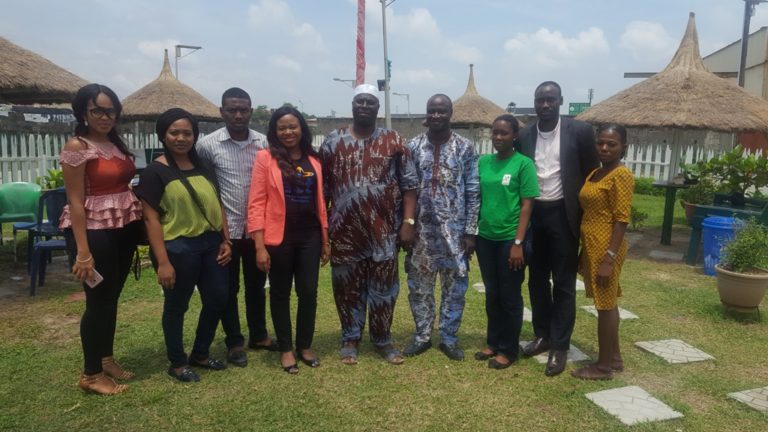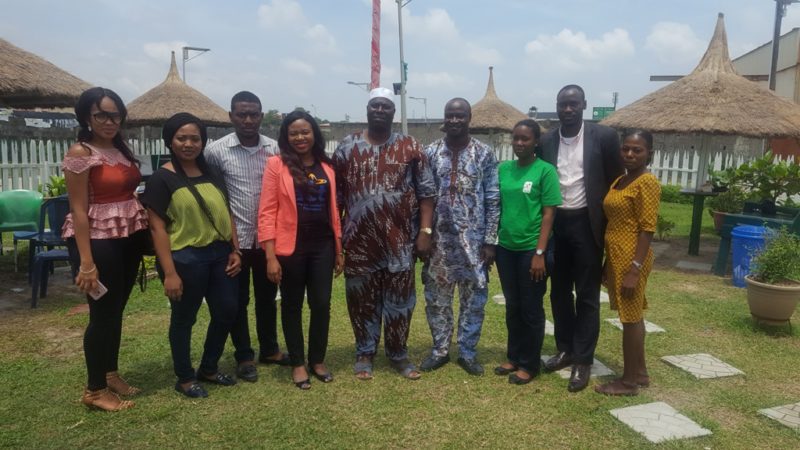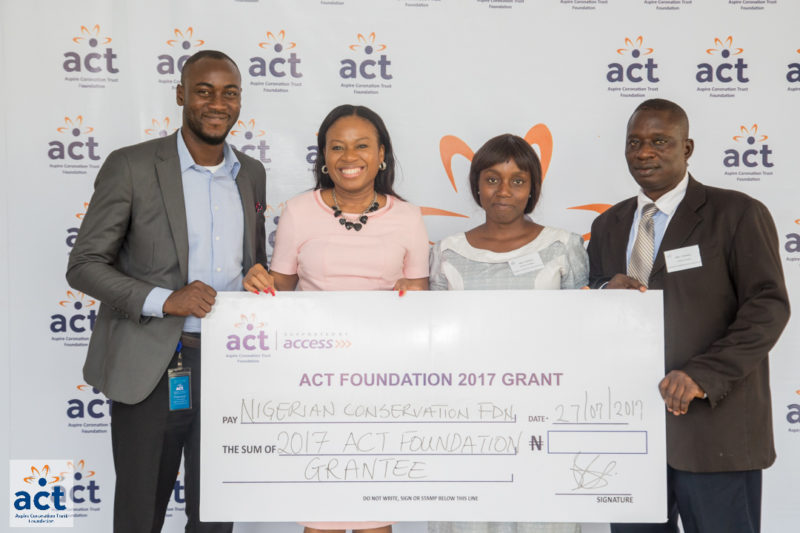The Supreme Court has fixed January 25, 2018, to decide on the bail appeal filed by former National Security Adviser, Colonel Sambo Dasuki (retired).
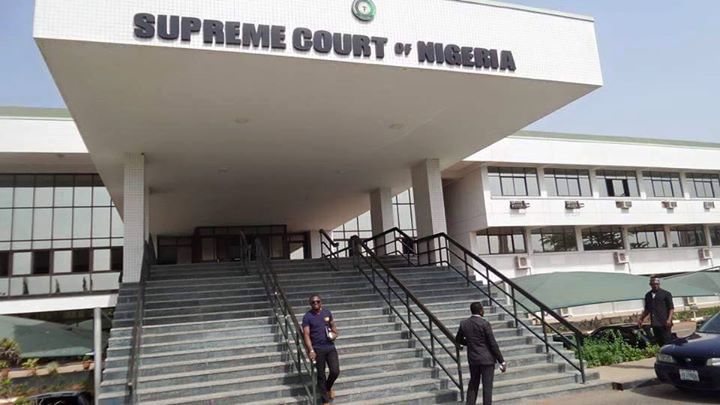
The appeal hinged on the alleged refusal of Federal Government to obey bail orders granted Dasuki by three different courts in the country.
The apex court fixed the January 2018 date yesterday after counsel to Dasuki, Joseph Daudu (SAN) and counsel to the Federal Government, Rotimi Jacobs (SAN), regularised all processes they filed in respect of the suit so as to set the stage for hearing.
Justice Datijo Mohammed, who led four other Justices at the proceedings, adjourned the matter till the appointed date after clearing all hurdles on the substantive matter.
Dasuki has been in the custody of the Department of State Security (DSS), since December 29, 2015.
In the instant appeal, he is praying the Supreme Court for an order compelling the Federal government to obey the bail granted him by courts in the three different charges brought against him by the same Federal government.
In the alternative, he wants the apex court to stop his trial at both the Federal High Court and the Federal Capital Territory High Courts, pending the time the government will allow him to enjoy the bail granted him, and enable him prepare adequately for his defence in the three separate criminal charges against him.
In his brief of argument settled by Joseph Daudu and Ahmed Raji both Senior Advocates of Nigeria, Dasuki recalled that sometime in 2015, he was arraigned before a Federal High Court, Abuja, on charges of unlawful possession of firearms and money laundering.
The appellant claimed that based on his applications, he was admitted to bail on various conditions by the Federal High Court to enable him prepare for his defence for which he subsequently met all the bail conditions.
The ex-NSA also claimed that he was thereafter taken to two FCT High Courts with separate charges on money laundering, conspiracy and breach of trust, and that on the strength of his application, justices Hussein Baba Yusuf and Peter Affem in their separate decisions admitted him to bail in compliance with the law, to enable him have adequate preparation for his defence in the criminal charges against him.
The appellant further claimed that on December 29, 2015, at the Kuje Prisons, and shortly after perfecting the third bail conditions, the operatives of DSS swooped on him and took him to their custody without fresh charges, thereby disobeying the court orders on the bail matter.
He further claimed that the Economic Community of West African States (ECOWAS) Court in a judgment delivered by Justice Friday C. Nwoke, ordered his immediate release since 2016, in a suit for enforcement of fundamental rights he instituted against the Federal Government, and that up till now, the decision of the regional court has not been obeyed.
He therefore prayed the apex court for an order compelling the respondent to obey all orders in respect of his bail to enable him have unfettered access to his legal team for the purpose of defending himself in the criminal charges slammed on him.
But the respondent in the brief of argument settled by Jacobs, maintained that all orders in respect of the bail granted the appellant by the three high courts have been obeyed at the point of his release at Kuje Prisons, after perfecting the bail conditions on December 29, 2015.
He therefore prayed the court to dismiss the claim of the appellant, adding that the respondent has legally obeyed all orders on the bail issue.
The apex court is expected to determine the issue on January 25, 2018.
By Chinyere Obia

